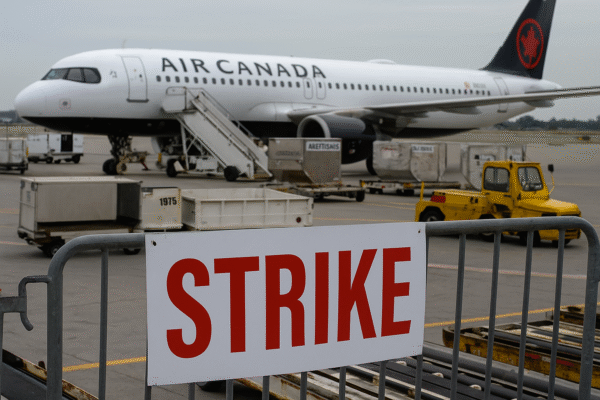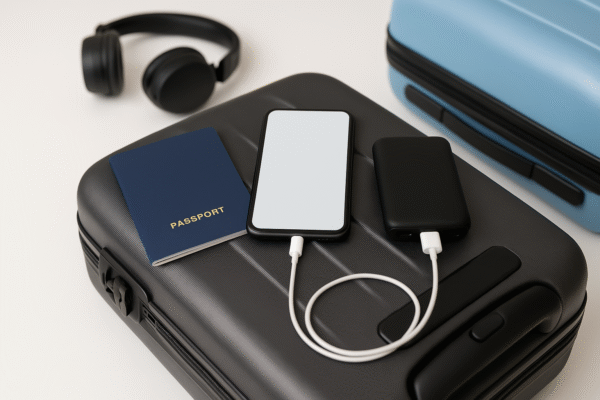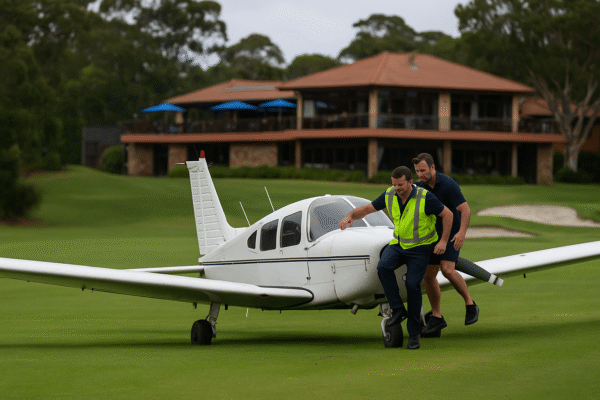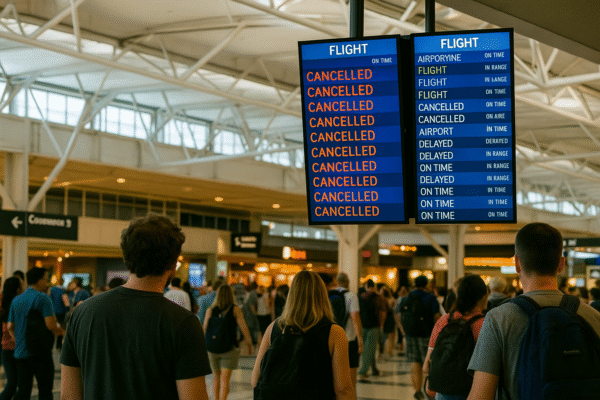Air India Flight Grounded in Vienna After Technical Glitch on Route to Washington, D.C.
Passengers traveling from India to the United States experienced major disruption this week as Air India Flight AI 103, en route from New Delhi to Washington, D.C., was unexpectedly grounded in Vienna, Austria, following the discovery of a technical issue during a routine refueling stop. The incident underscores both the challenges and critical safety priorities of long-haul international air travel.
Boeing 787 Dreamliner Faces Mid-Journey Setback
The affected aircraft—a Boeing 787 Dreamliner, part of Air India’s long-haul fleet known for its fuel efficiency and modern engineering—departed Indira Gandhi International Airport (DEL) at 12:45 AM IST on Wednesday. Scheduled to arrive at Washington Dulles International Airport (IAD) by 8:45 PM EST Thursday, the flight was operating on one of the airline’s vital nonstop routes linking India and the U.S.
However, the plane was diverted after a scheduled refueling stop in Vienna revealed a technical snag during standard ground checks. According to Air India, the issue was discovered as part of routine safety assessments, prompting the airline to halt the aircraft’s onward journey to Washington, D.C., in accordance with international aviation safety protocols.
Safety Over Schedule: Passenger Reactions and Airline Response
Air India released an official statement emphasizing that the safety of its passengers remains the airline’s top priority. A spokesperson commented, “We regret the inconvenience to our passengers and assure them that we are addressing the situation with urgency and care. All efforts are being made to arrange alternate travel.”
As a result of the unscheduled halt, passengers were temporarily stranded in Vienna International Airport (VIE). The airline began immediate efforts to offer alternate travel arrangements, including hotel accommodations, meal vouchers, and onward connections via partner airlines. Nevertheless, some passengers experienced delays stretching several hours or more, leading to missed connections and disrupted schedules.
According to India’s Directorate General of Civil Aviation (DGCA) and European Union Aviation Safety Agency (EASA) guidelines, carriers are required to compensate passengers under applicable passenger rights regulations when flights are significantly delayed or canceled for non-weather-related reasons.
Vienna: A Critical Stopover Hub for Global Flights
Vienna’s central location in Europe makes it a frequent refueling and technical stopover for long-haul flights crossing the Atlantic or connecting Asia to North America. However, flight disruptions at Vienna International Airport remain relatively rare due to its reputation for operational efficiency and modern infrastructure.
This event adds to the limited number of technical issues that have occurred at the hub in recent years. Industry experts note that even with modern aircraft like the Dreamliner, regular and preventive checks are essential to ensure operational safety.
Aircraft Maintenance: A Necessary Inconvenience
The Dreamliner, though widely regarded as a technological marvel in civil aviation, is not immune to technical hiccups. Maintenance-related flight delays are not uncommon in global aviation and are often seen as evidence of robust safety oversight rather than poor reliability. In this case, the early detection of a possible malfunction likely averted greater in-air complications.
Aviation analysts emphasize that such groundings, although inconvenient, reflect a larger industry commitment to safety. “No airline wants to delay passengers, especially on flagship international routes. But safety trumps schedule every time,” said Captain S. Rajan, a retired aviation safety consultant and former DGCA advisor.
Ongoing Efforts and Future Flight Assurance
Air India is actively working with its engineering teams to resolve the aircraft’s issues and restore service on the affected route. In parallel, the airline has pledged to improve communication with affected passengers, ensuring timely updates on alternate travel arrangements.
Looking forward, the airline has reaffirmed its commitment to operational excellence. With India’s international outbound travel rising steadily—reaching 22 million in 2024 according to the Ministry of Tourism—reliable air connectivity is more important than ever. Flights between India and the U.S. are especially crucial, with strong demand driven by business, student, and diaspora travel.
The Indian government’s “UDAN” scheme and continued aviation infrastructure expansion also suggest a broader national effort to bolster international flight reliability. While Air India has faced challenges in the past, the airline is undergoing significant transformation under Tata Group ownership, including fleet upgrades, enhanced customer service standards, and improved safety protocols.
Air India’s Statement and Passenger Compensation
In line with international aviation norms, Air India has confirmed that passengers affected by Flight AI 103’s cancellation will be eligible for compensation, subject to regulatory provisions. Travelers can reach out via the airline’s helpline, website, or mobile app for rebooking and claims assistance.
This disruption, while unfortunate, reinforces the critical safety mechanisms built into global aviation operations. For passengers preparing to fly internationally, especially across transcontinental routes, this event is a reminder of the importance of choosing airlines that prioritize safety, communication, and reliability.
For more travel news like this, keep reading Global Travel Wire



















